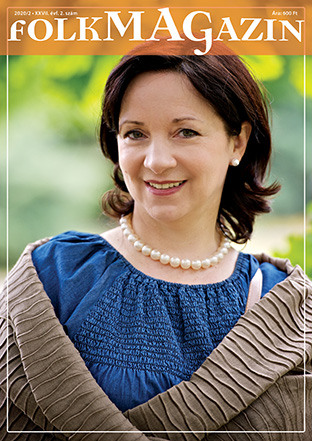Articles by Initial Letters
Hiteles népzene (2. rész)
Sárosi Bálint 2006-os székfoglaló előadása az MTA Széchenyi Irodalmi és Művészeti Akadémián
- Issue: 2020/2
- Starting page: 16
- Author: Sárosi Bálint
- =>
Authentic Folk Music "...Traditional song is not only valuable because it is pentatonic with a descending melody line and perhaps rich ornamentation...but mainly because it’s good for something. It is a part of a custom, expresses a situation or mood; it reminds us of something, calms us, carries a message, relieves tension, and last but not least it entertains us...We cannot discuss traditional Hungarian folk music, folk song or ’nóta’, without emphasizing the role of the Gypsy musicians...The earliest data we have on Gypsy musicians in Hungary is from the end of the 16th century...the music of the Hungarian national movement which accompanied the national dance became inportant from the last third of the 18th century; it had to be virtuoso...the really great period of the Gypsy musicians began after the revolution of 1848-49...but traditionally the Gypsy musician serves: he makes every effort to accomodate the guests. A good Gypsy musician plays his genre tastefully...In Transylvania amongst the village Gypsy musicians there is no trace of the so-called Gypsy-style distorted/exaggerated rhythm...because they play music for dancing..." Excerpts from Sárosi Bálint’s presentation for taking his seat at the MTA Széchenyi Academy of Literature and Arts in 2006.





